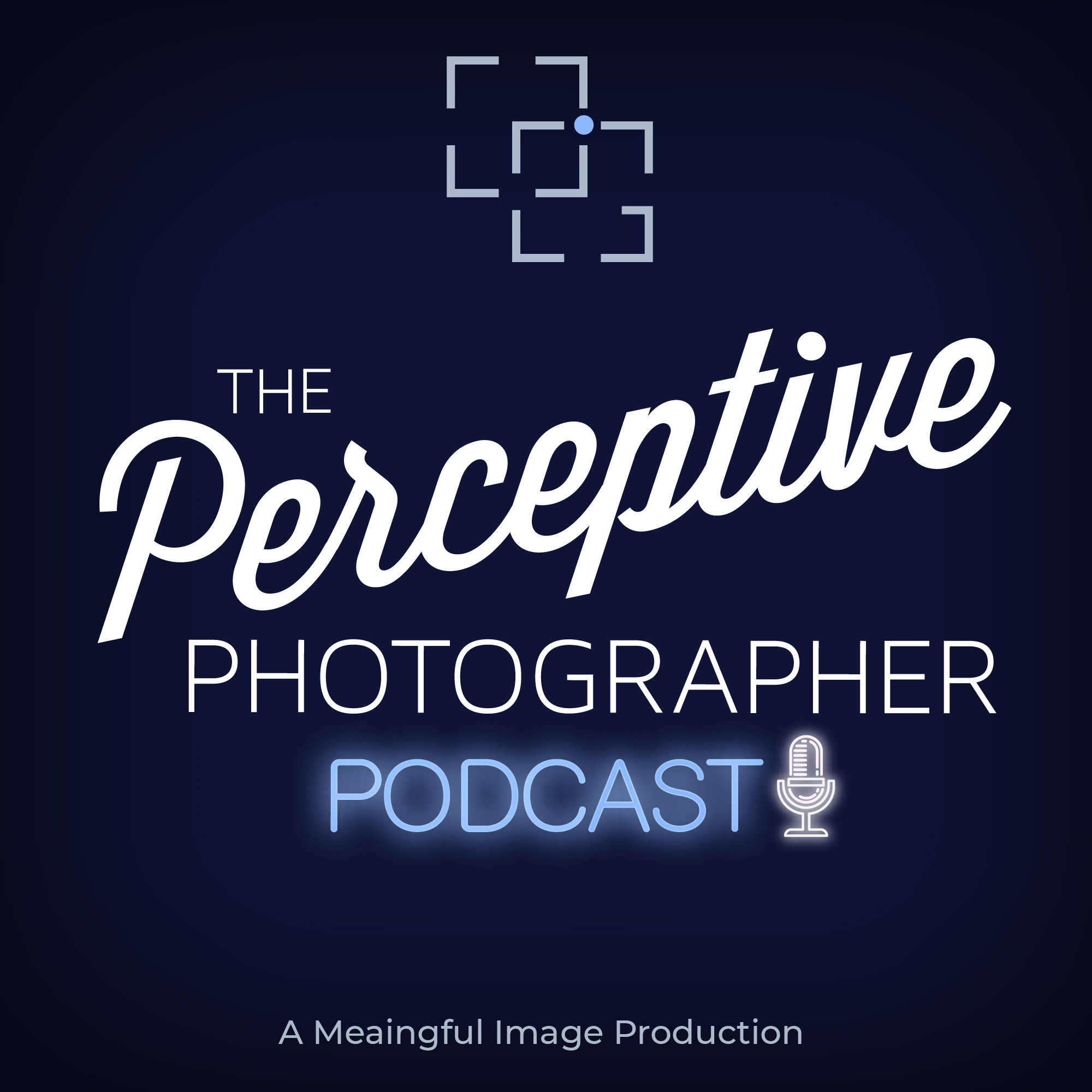This week’s podcast is all about storytelling concepts. It doesn’t matter how much you work your technical skills as a photographer. Eventually, your work is about how well you connect with your audience beyond f/stops and shutter speeds. One of the most common approaches is to talk about the importance of story and storytelling in an image or body of work. No matter who you are or what level of photographer you are, your work will eventually be about storytelling. Your images will start to convey something more than just what you captured in front of the camera.
While there are hundreds of components and subtle nuances to storytelling, in this week’s podcast I identify five big buckets that I think are important for photographers to consider when they begin to focus on important storytelling.
- In the service of others. You want to make sure that your work is about your and from you but not only about you. No one like self-centered jack-asses and you want to make sure that your work and story allows for the work to be able to be relatable and shareable.
- Emotions verse facts. A story is more than just facts and information. It has an emotional pull. You need to find a way to balance both the facts of how you create the photographs and then how you want to use to feel when we learn those facts or opinions.
- Shared meaning. It is important that you think about the meaning that we all have through life. We aren’t not living in a bubble. We are shaped and formed by sharing our experiences and ideas. Allowing those concepts to push the edges of your work will create a more exciting story.
- Assume your audience is smart. If you work with your audience and assume they are smart, they will engage at a higher level with your work. Much like number one, don’t talk down to your audience. They will bring a huge piece of the storytelling elements to the image so treat them well, and they will reciprocate.
- Purpose. Remember even if a project starts off out of chaos and randomness; eventually, a sense of purpose will develop and take hold. Once you have your goal or theme of the work, use that as your stick moving forward to judge the work.
Remember that while not every photograph has to tell a story, that when you do tell a story, you want to make sure that it is the story you want. Taking the time to understand the elements of good storytelling can really impact your work as a photographer.
Gear used in podcast
One of the questions I get asked frequently is what sort of equipment do I use to record my podcast. I have used a variety of equipment in the three years that I have been recording, but here is the current list of equipment that I am using. Also as an FYI and full disclosure, the links are affiliate links to Amazon.
Rode Procaster XLR microphone
Rode Boom Arm
Rode PSM Shockmount
All three Rode components as kit
Focusrite Scarlet 2i2
Adobe Audition (part of create cloud subscription)
LogicPro X
Macbook Pro
OWC Thunderbolt 3 dock
Headphones

